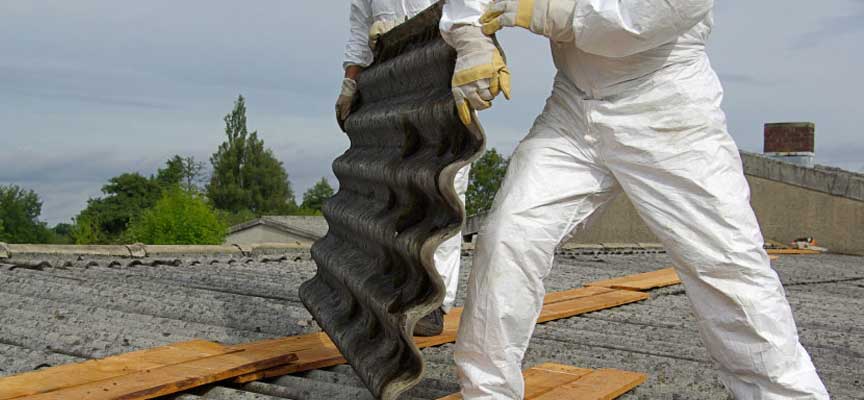How to recycle organic waste
Organic fertilization has as its goal the well-being of both the soil and plant and when to fertilize are organic waste; it will do very well to the environment. Recycle organic waste is possible even if you have little green space.
Only with greater vitality of the soil may develop crops more robust, with a higher nutritional value and better organoleptic qualities. All this can be achieved through the recycling of organic waste.
Plant, animal and other nature are a food source for microorganisms living in the soil and trigger processes that regenerate. Some of the organic waste most common substances are also better suited to put in our compost bin. Inevitably, we are surrounded by many waste substances that can be used for the preparation of organic compost.
How to recycle organic waste, the substances suitable for the compost.
- Fruit scraps.
- Cut flowers.
- Vegetables and vegetable kitchen.
- Stale bread.
- Tea filters.
- Leaves. Sawdust.
- Plants with roots and soil.
- Tissues.
- Kitchen paper.
- Paper and cardboard.
- Coffee grounds.
- Eggshells.
- Pieces of wood.
How to recycle organic waste, waste to be used with some caution.
- Peel of citrus fruit not treated. It can be used in many ways, read here.
- Ashes of the fireplace or stove could shrink the earth too.
- Leftover meat, fish, cheese, salami … food scraps should be immediately covered because they can attract animals.
- Magnolia leaves because they have a slow decomposition.
Obviously, when you intend to recycle organic waste should be carefully disposed of all waste destined for the dustbin, so keep well away from our compost bin, substances such as :
- Glass.
- Vacuum cleaner filters.
- Magazines.
- Color prints.
- Plastic carton.
- Batteries.
- Metals.
- Oils.
- Synthetic fabrics.
- Diseased or infested plants.
- Wood treated with chemicals.






